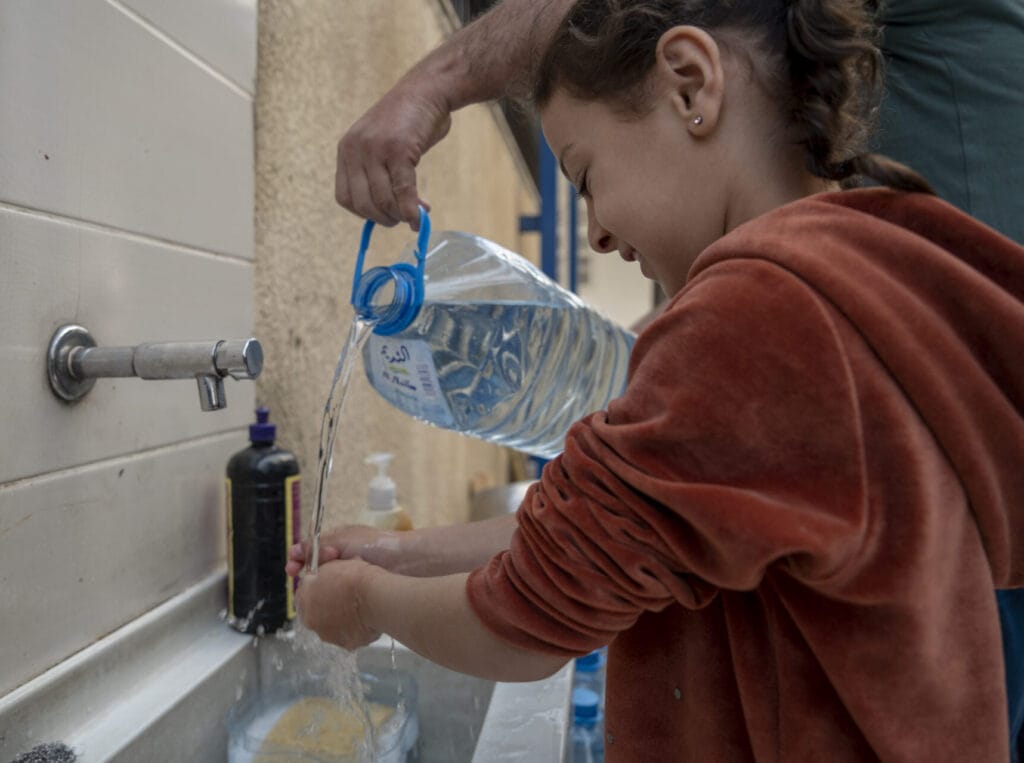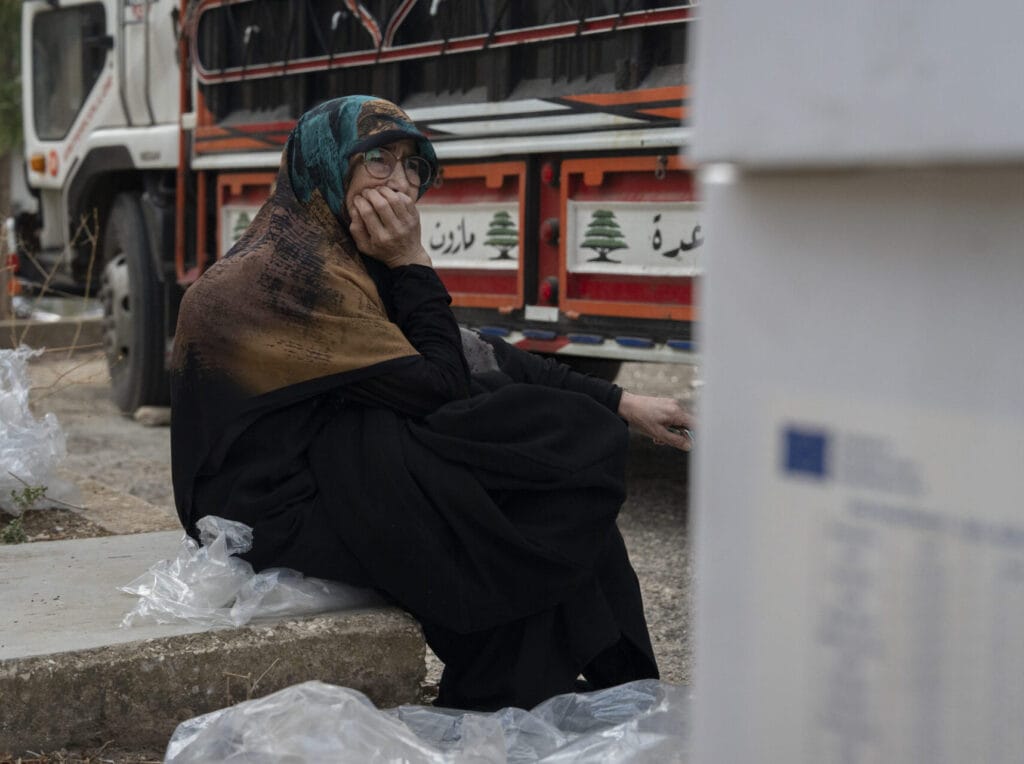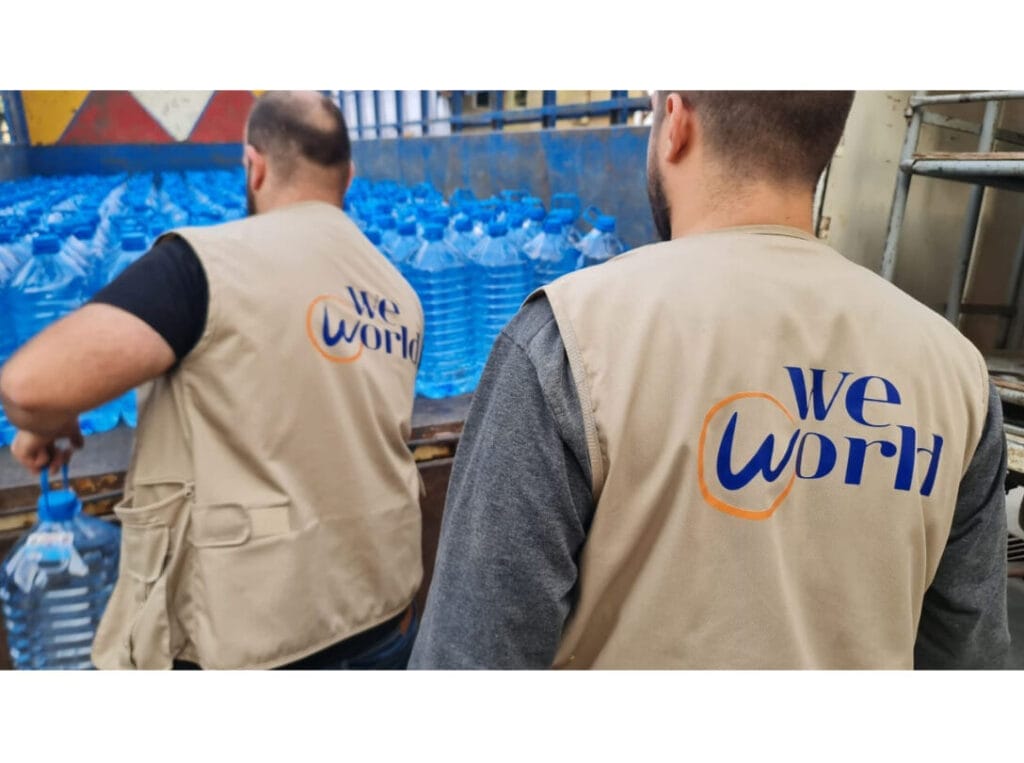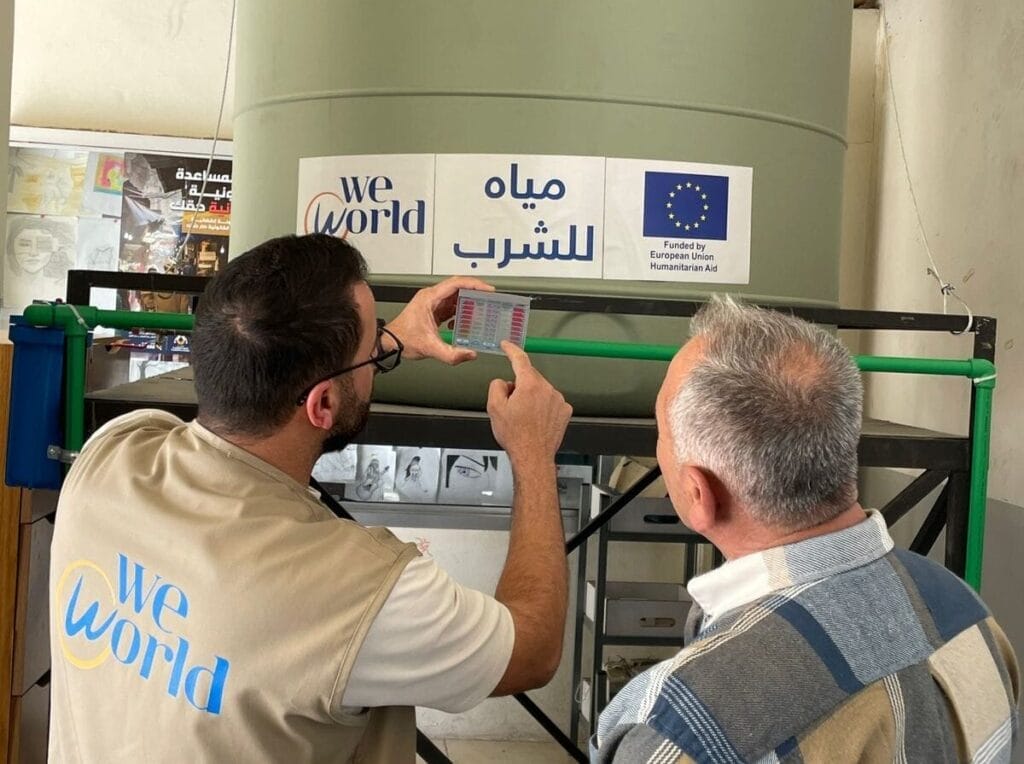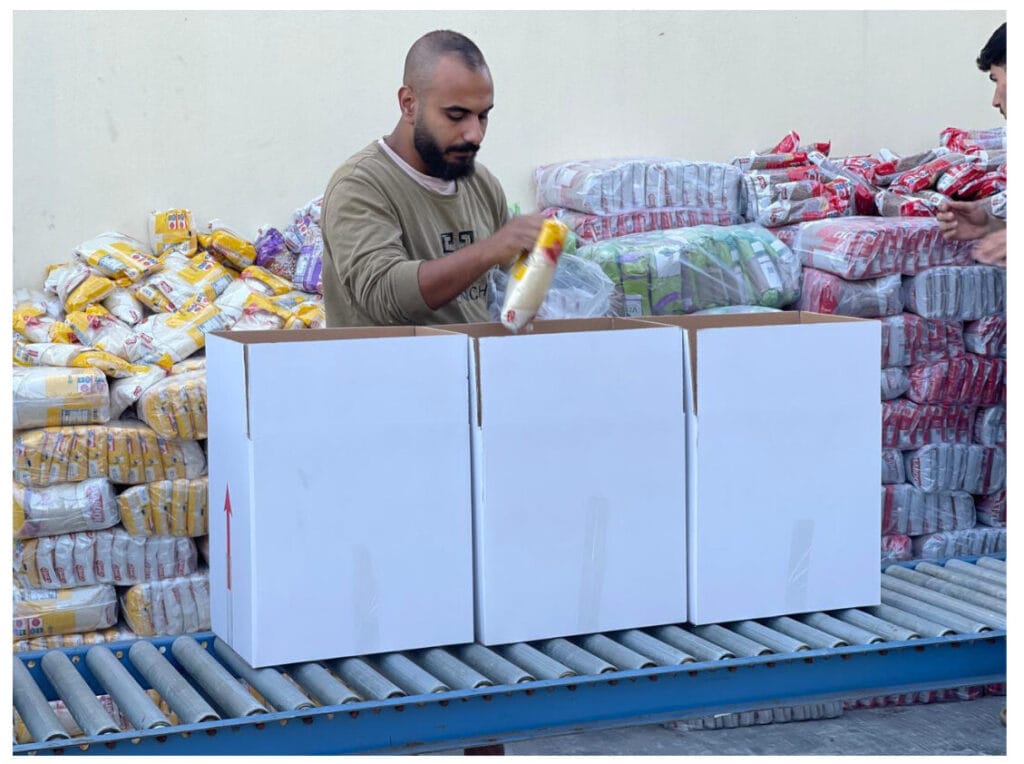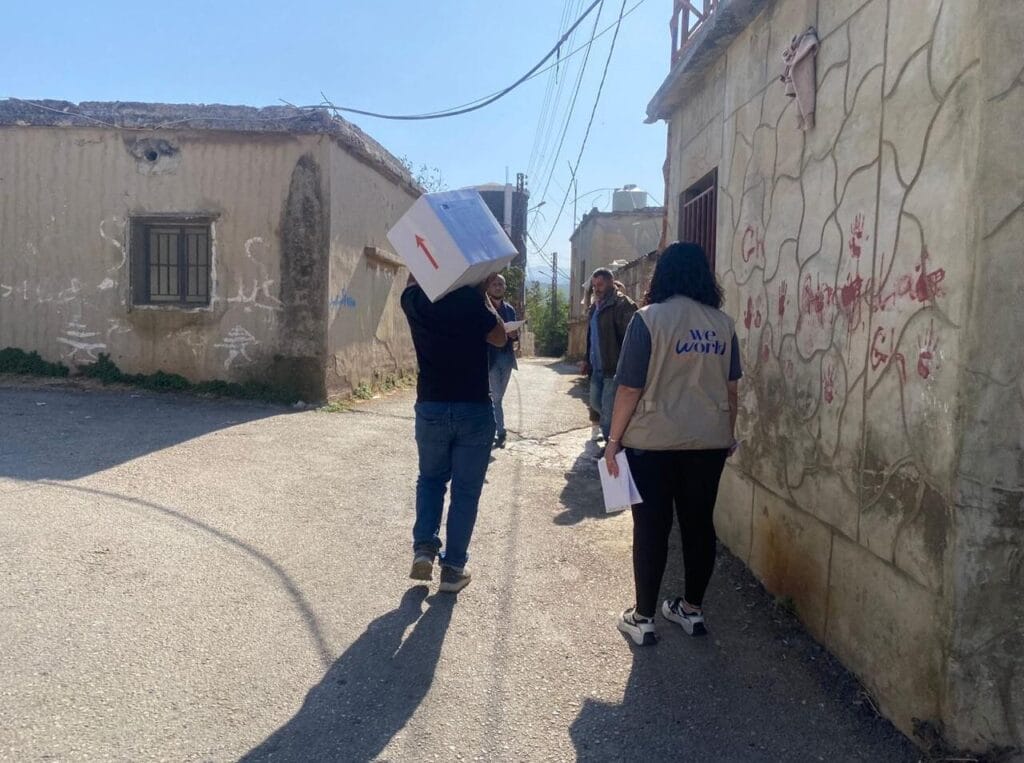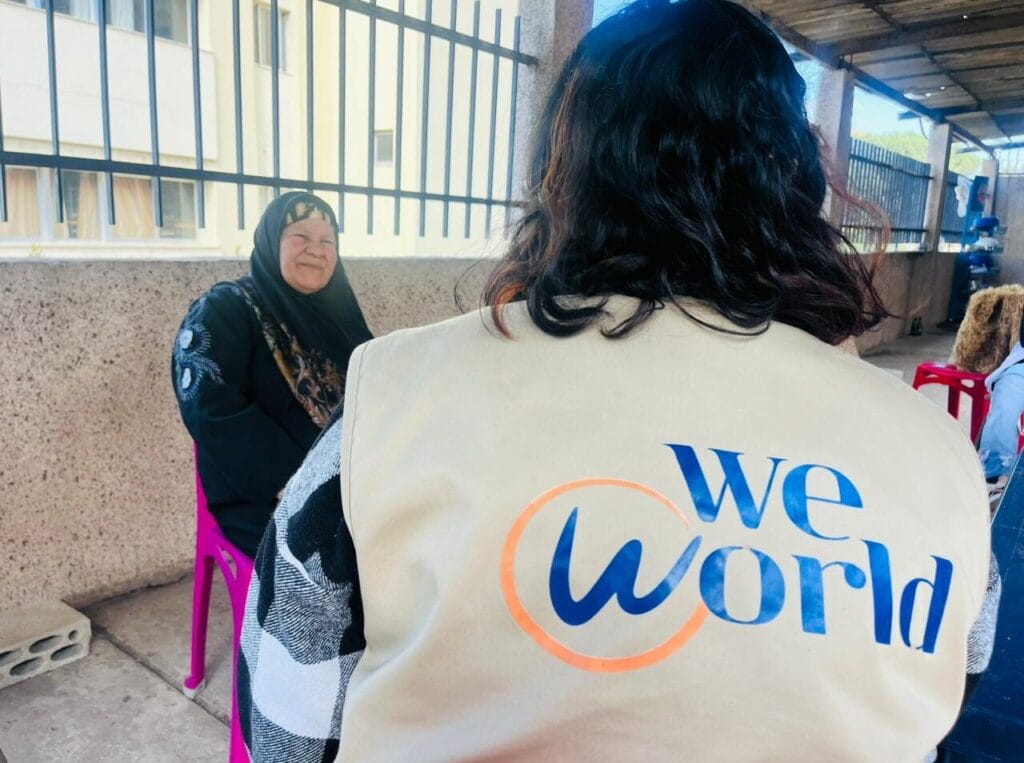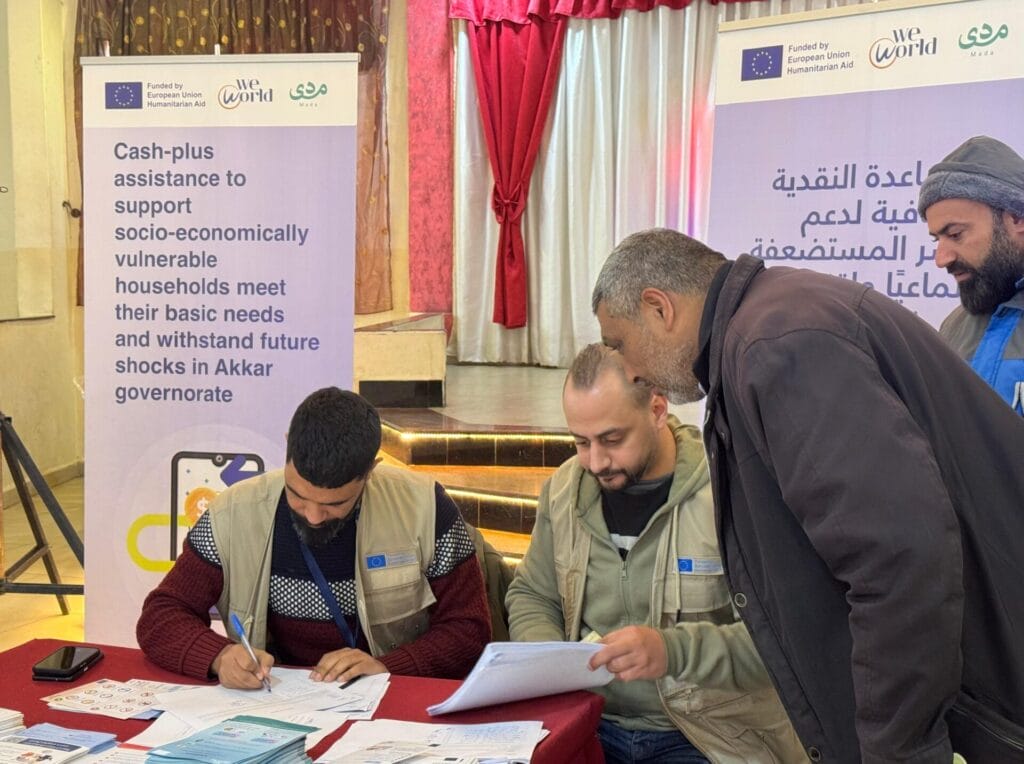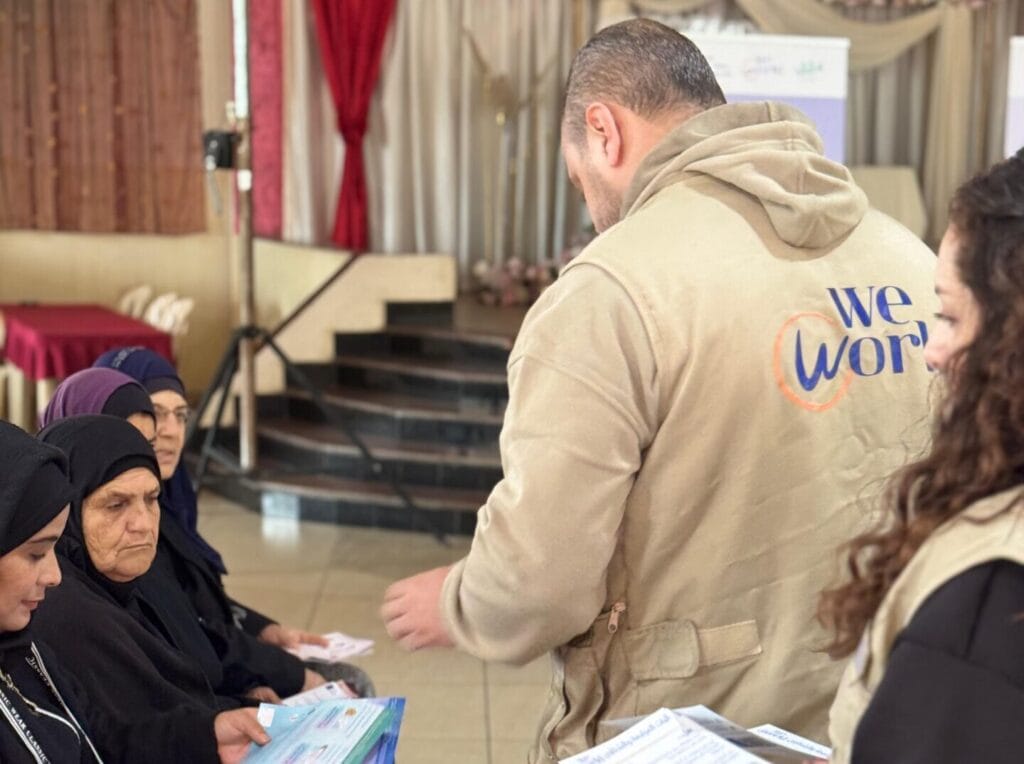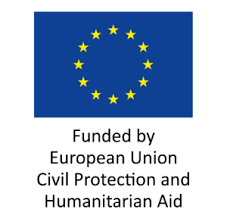The context
Entering in its sixth year of multi-layered crisis, Lebanon is knocked down by the overall collapse of the economic and political conditions, which have considerably worsened following the recent attacks in the country and the hundreds of thousands of people fleeing their homes.
The overall declining economic trends led to increasing unemployment rates, which reach their highest among youth. The purchasing power of families significantly declined, while prices of basic goods rose, increasing the number of families and individuals in vulnerable conditions. At the same time, there have been shortages of food items, basic goods, fuel and power all over the country.
The governorates of Akkar, North Lebanon is one of the most affected by the multi-level crises, having historically recorded higher poverty and vulnerability rates, and currently registering the highest incidence of food insecurity nationwide. In the area, many families adopt negative coping strategies to meet their basic needs, such as reducing food portions and the daily number of meals, while increasing household’s indebtedness levels or selling assets to gain liquidity.
Our intervention
To tackle this situation, WeWorld together with its longstanding Lebanese partner Mada is implementing a series of actions to meet the needs of 1,000 vulnerable households in the Mazarea Jabal Akroum, Machta Hammoud and Wadi Khaled villages of the Akkar District affected by the crisis and shocks.
- Multi-propose cash assistance to increase households’ purchasing power to cover food and non-food essential goods and services, accompanied by coaching and technical assistance
- Direct support for income-generating activities for 260 households, through the referring of 60 young people for training and apprenticeships, as well as through cash assistance and in-kind support to launch or scale-up and expand an income-generating activity.
Following the escalation of the attacks by Israel in several areas of Lebanon from September 2024, and the consequent hundred of thousands of people fleeing their homes and seeking for refuge in the Akkar area, we implemented the early response capacity foresaw by the project in case of additional nature or human-induced disasters that may occur in the area. In a timely manner, we provided immediate and life-saving support to 4,104 people through the provision of food parcels, water distribution (potable and domestic), filters to adequately store water, hygiene materials. Also raising awareness on water quality, best hygiene practices, measures to prevent waterborne diseases and promote healthy nutritional practices.
Overall, the program is designed to ensure that with discontinuation of cash assistance, the households supported will be able to sustainably generate the income necessary to cover a part of their needs, hence, reducing aid dependency and increasing resilience to shocks and stressors.

